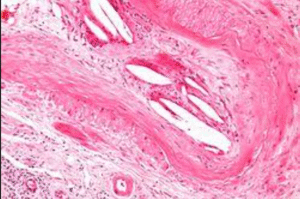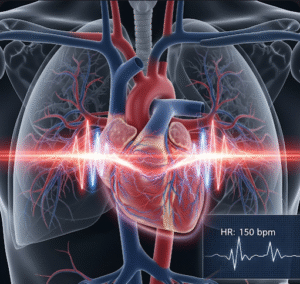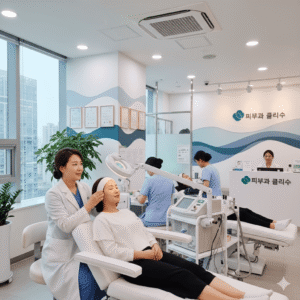Overview
Depersonalization disorder is a dissociative mental health condition in which individuals feel detached from themselves or their surroundings. Though relatively rare, it can significantly affect daily life. In Korea, psychiatric hospitals and mental health clinics, such as Seoul National University Hospital, Asan Medical Center, and Samsung Medical Center, provide specialized diagnosis, therapy, and support for patients experiencing depersonalization.
What is Depersonalization Disorder?
Depersonalization disorder involves persistent or recurrent experiences of feeling disconnected from one’s thoughts, feelings, body, or surroundings, often described as living in a dream or observing oneself from outside. It may occur independently or alongside anxiety, depression, or trauma-related disorders.
Symptoms
- Feeling detached from one’s body or thoughts
- Emotional numbness or reduced emotional responsiveness
- Feeling like an outside observer of oneself
- Distorted sense of time or reality
- Anxiety or panic episodes
- Difficulty focusing or concentrating
- Distress or impaired daily functioning
Causes
- Severe stress or trauma, including physical or emotional abuse
- Acute anxiety or panic attacks
- Chronic stress or sleep deprivation
- Substance abuse or certain medications
- Neurological conditions affecting perception
- Unknown factors in some cases
Risk Factors
- History of childhood trauma or abuse
- Chronic stress or anxiety disorders
- Depression or other psychiatric disorders
- Substance use (marijuana, hallucinogens)
- Genetic predisposition to mental health conditions
Complications
- Impaired social and occupational functioning
- Increased risk of depression and anxiety
- Difficulty maintaining relationships
- Distress and lowered quality of life
- Possible suicidal thoughts if symptoms are severe
Prevention
- Stress management and relaxation techniques
- Adequate sleep and healthy lifestyle habits
- Seeking early treatment for anxiety, depression, or trauma
- Avoiding substance abuse
- Mindfulness and grounding exercises to stay connected with reality
Treatment Options in Korea
Treatment focuses on therapy, coping strategies, and medication if needed.
- Diagnosis
- Comprehensive psychiatric evaluation
- Clinical interviews and questionnaires
- Assessment of coexisting psychiatric or medical conditions
- Exclusion of neurological or medical causes
- Medical and Psychological Treatments
- Cognitive-behavioral therapy (CBT) to address distorted perceptions
- Psychotherapy for trauma or underlying anxiety and depression
- Medications (antidepressants or anxiolytics) for associated symptoms
- Mindfulness and grounding exercises
- Stress management strategies and relaxation techniques
- Supportive Care
- Patient and family education about the disorder
- Support groups for coping and social support
- Regular follow-up with mental health professionals
- Lifestyle modifications to reduce stress and improve well-being
- Specialized Hospitals and Clinics in Korea
- Seoul National University Hospital – Psychiatric care and therapy programs
- Asan Medical Center – Mental health and trauma-focused therapy
- Samsung Medical Center – Multidisciplinary psychiatric care
- Local mental health clinics for ongoing therapy and support
- Long-Term Follow-Up
- Regular monitoring of symptoms and mental health status
- Adjustment of therapy or medications as needed
- Continued support for coping strategies and stress management
- Education for family to assist in daily functioning and emotional support













